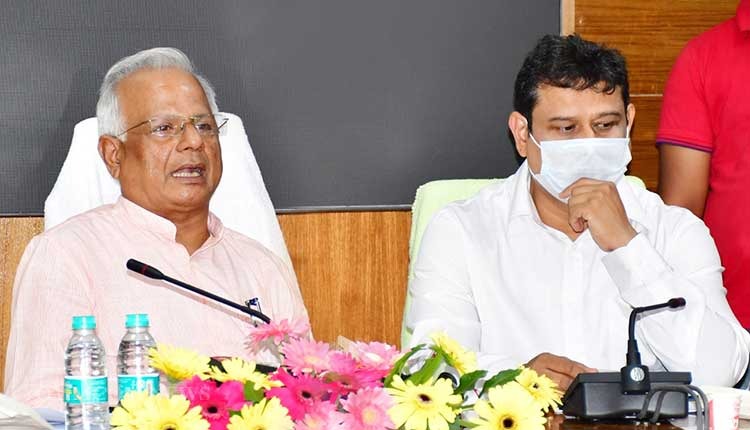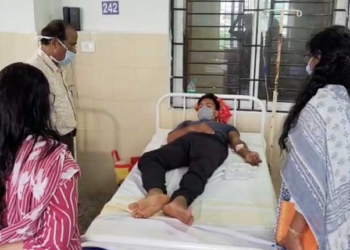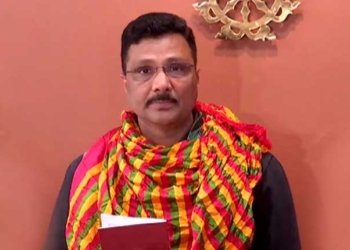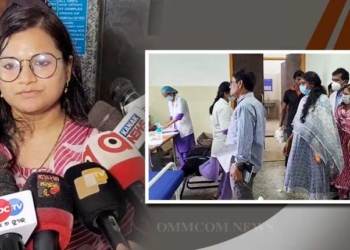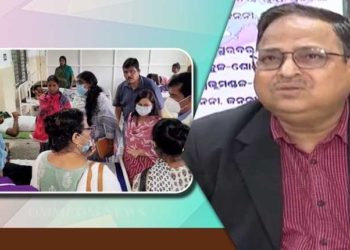Bhubaneswar: Malaria is a life-threatening disease caused by parasites that are transmitted to people through the bites of infected female Anopheles mosquitoes. It is preventable and curable, said Director Public Health, Dr Niranjan Mishra speaking on the occasion of World Malaria Day.
Dr Mishra said that Odisha was once the highest contributor to malaria; the State was contributing 25% of the country’s annual malaria cases & 30% of death and in the year 2016, 4.4 lakh malaria cases were reported with 77 deaths.
However, since 2017, there is a drastic reduction in the cases. In the year 2022 state has reported its all-time low API and many districts are currently on the path of malaria elimination. In the year 2022, the state has witnessed a 95% of malaria case decline in comparison to the year 2016, he pointed out.
This was possible due to various interventions & strengthened strategies adopted by the State. During the year 2017, large-scale distribution of 1.13 Cr of LLIN was done to high endemic areas covering around 2.02 Cr population. Further 2020-21, 1.56 Cr LLINs were distributed to protect the 2.6 Cr population under risk, Dr Mishra explained.
The Public Health Director informed that a state initiative DAMaN was put into action from the year 2017 to address the population living in unreachable areas.
He said that under the initiative special surveillance for Zero validation of malaria cases in 24 districts was launched. Routine surveillance was strengthened; Early Diagnosis & Complete Treatment was ensured at the community level by trained ASHAs, HWs, and Community volunteers.
Intensified community mobilization, health awareness, monitoring & supervision, Good governance with administrative and political support from the highest level Intersectoral Coordination with involvement of all related line departments like Forest, Environment & Climate Change, Panchayati Raj & Drinking Water, Information & Public Relation, School & Mass Education, Mission Shakti, Fishery & Animal Resources Development, Odisha Livelihood Mission, etc, he added.
The malaria decline was possible due to the support of our Govt., effective planning and supervision, and the dedicated sincere effort of our grass root level workers, he said.
On this occasion, the Joint Director of the National Vector Born Disease Control Programme Dr Subhasish Mohanty, and senior officers of the Health and Family Welfare Department were present.



